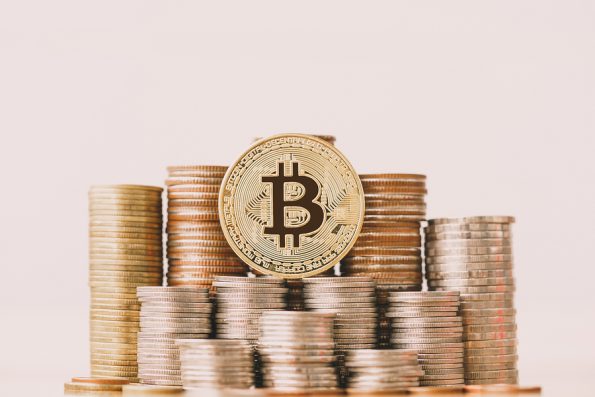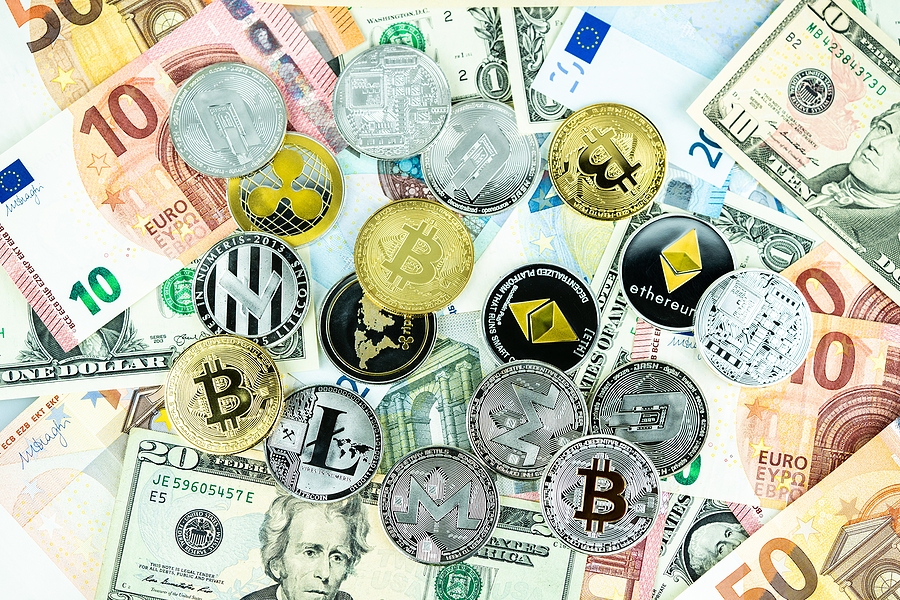Byline: Morgan Reeves
Cryptocurrencies are becoming more popular and accepted in various nations across the globe. Due to this expansion, every country is enforcing rules and regulations that will best serve the economies along with crypto users in their respective governments. With that said, it is essential to note that every country has its own crypto rules and regulations, thus making it important to be aware of what is allowed and what isn’t, especially for those who travel often.
Is Cryptocurrency Legal in Japan?
Yes, crypto is legal in Japan. However, this was not always the case. Cryptocurrencies had been operating in Japan since 2014 without many regulations and security measures until a crucial hack was reported that led to Mt. Gox, a Japanese crypto exchange at the time, going bankrupt after 850,000 Bitcoins were stolen. This hack became one of the greatest scandals in the history of crypto in Japan that also set a new trajectory that would begin the reinforcement of crypto regulation and security measures to protect authorities, investors, and users.
Preceding the hack, the Bitcoin 360 AI conducted a study that researched the sophistication of payment and settlement operations in Japan, which concluded in 2015. From this study, a few recommendations were made that led to and laid the foundation for the basis of a draft bill that prompted Japan’s parliament, the National Diet, to amend the PSA in 2016, with the changes taking effect on April 1, 2017. It was recommended that Japan should introduce a registration system for cryptocurrency exchange companies and have that system ensure that crypto-asset transactions comply with Anti-Money Laundering regulations. It was further recommended that a system that protects cryptocurrency users should be created.
Because of the study, by 2016 Japan amended its Payment Services Act and Fund Settlement Law in a landmark legislative action that transformed crypto regulation in Japan. These laws established cryptocurrencies like Bitcoin, previously called virtual currency, as legal tender for payment in the country and also required virtual currency exchange platforms (VCEPs) to register with authorities.
Article 2, paragraph 5 of the amended PSA defined Bitcoin and other cryptocurrencies as:
- Property value that:
– can be used by unspecified persons for payment of equivalent value for purchased goods, rental fees, or services,
– can be purchased by or sold to unspecified persons
– is transferable via an electronic data processing system (limited to property values that are stored electronically on electronics, excluding currency and currency denominated assets); or
- Property value that can be mutually exchangeable for one above with unspecified persons and is transferable via an electronic data processing system.
Prior to the hack, there were 21 crypto exchange businesses operating in Japan. All of these exchanges had to reform and be aligned with the amended Payment Services Act rules that came into effect on the 1st of April 2017. These amended rules required the exchange companies to register with the FSA and were allowed to continue their operations as “quasi-exchanges” while their registration applications were being reviewed. These companies were classified as “deemed crypto exchanges.’’ By Sept 2017, the first 11 “deemed crypto exchanges” were licensed. At the end of 2017, 16 exchange businesses were officially registered while the remaining ones were kept under review.
Having these laws and requirements in place led to even more security measures, systems, and laws being put in place that would not only protect users but keep the process of exchanges regulated, leading to more rules and regulations being reformed and amended.
2019 PSA and FIEA Legislation
In 2019, the Japanese Financial Services Agency updated its legislation after two more large-scale hacks were reported:
- the term “virtual currency” was to be abandoned in favour of “crypto asset”,
- crypto exchanges are not allowed to mix user funds with their own and should use trusted third parties who use cold storage.
- The above limits the risk that derivatives like margin trading pose.
- bring certain virtual asset service providers, such as crypto custodians, under its oversight.
- Spreading false rumours about a cryptocurrency became a punishable offence.
By the 1st of May 2020, the above-mentioned JFSA updated legislation came into effect. The Japan Security Token Offering Association (JSTOA), was also established and recognised. The association also helps to regulate STO and ICO projects.

Current and Future Regulations
The JFSA is determined to put in place firmer regulations in order to support Anti-Money Laundering campaigns through crypto. On the 21st of December 2021 the JFS mentioned that by 2022, legislation to regulate issuers of stablecoins in order to address risks to customers and limit opportunities to use stablecoin tokens for money laundering would be proposed. This legislation will include new security protocols and obligations for crypto service providers to report suspicious activity.
Japan is one of the most crypto-friendly countries across the globe. Due to the increasing growth of cryptocurrency and the establishment of new ones, legislations are continuously being established, reformed, and updated to reinforce stricter security measures that will protect crypto investors in the country from being vulnerable to fraud. Due to these rigid legislations and security measures, crypto is more approved in the country and is thriving. In the fiscal year 2020, the trading value of crypto assets in Japan amounted to 117.97 trillion Japanese yen. The spot market reached a transaction value of about 20.61 trillion Japanese yen while the margin trading value was almost five times higher, amounting to nearly 97.4 trillion yen. Evidently, it is imperative to enforce strict legislation and security measures for the crypto-industry in any country to thrive.
Image Source: BigStockPhoto.com (Licensed)
Disclaimer
Cryptocurrency products are unregulated and can be highly risky. There may be no regulatory recourse for any loss from such transactions.
The information on this website is provided for educational, informational, and entertainment purposes only, without any express or implied warranty of any kind, including warranties of accuracy, completeness, or fitness for any particular purpose.
The information contained in or provided from or through this website and related social media posts is not intended to be and does not constitute financial advice, investment advice, trading advice, or any other advice.
The information on this website and provided from or through this website is general in nature and is not specific to you the user or anyone else. You should not make any decision, financial, investment, trading, or otherwise, based on any of the information presented on this website without undertaking independent due diligence and consultation with a professional broker or financial advisory.
You understand that you are using any and all Information available on or through this website at your own risk.
The trading of Bitcoins, alternative cryptocurrencies has potential rewards, and it also has potential risks involved. Trading may not be suitable for all people. Anyone wishing to invest should seek his or her own independent financial or professional advice.
Site Disclaimer
The Content in this post and on this site is for informational and entertainment purposes only. You should not construe any such information or other material as legal, tax, investment, financial, or other advice. Nothing contained on our Site constitutes a solicitation, recommendation, endorsement, or offer by HII or any third party service provider to buy or sell any securities or other financial instruments.
Nothing in this post or on this site constitutes professional and/or financial advice. You alone assume the sole responsibility of evaluating the merits and risks associated with the use of any information or other content in this post or on this site.
You recognize that when making investments, an investor may get back less than the amount invested. Information on past performance, where given, is not necessarily a guide to future performance.
Related Categories: Cryptocurrency, Reviews







